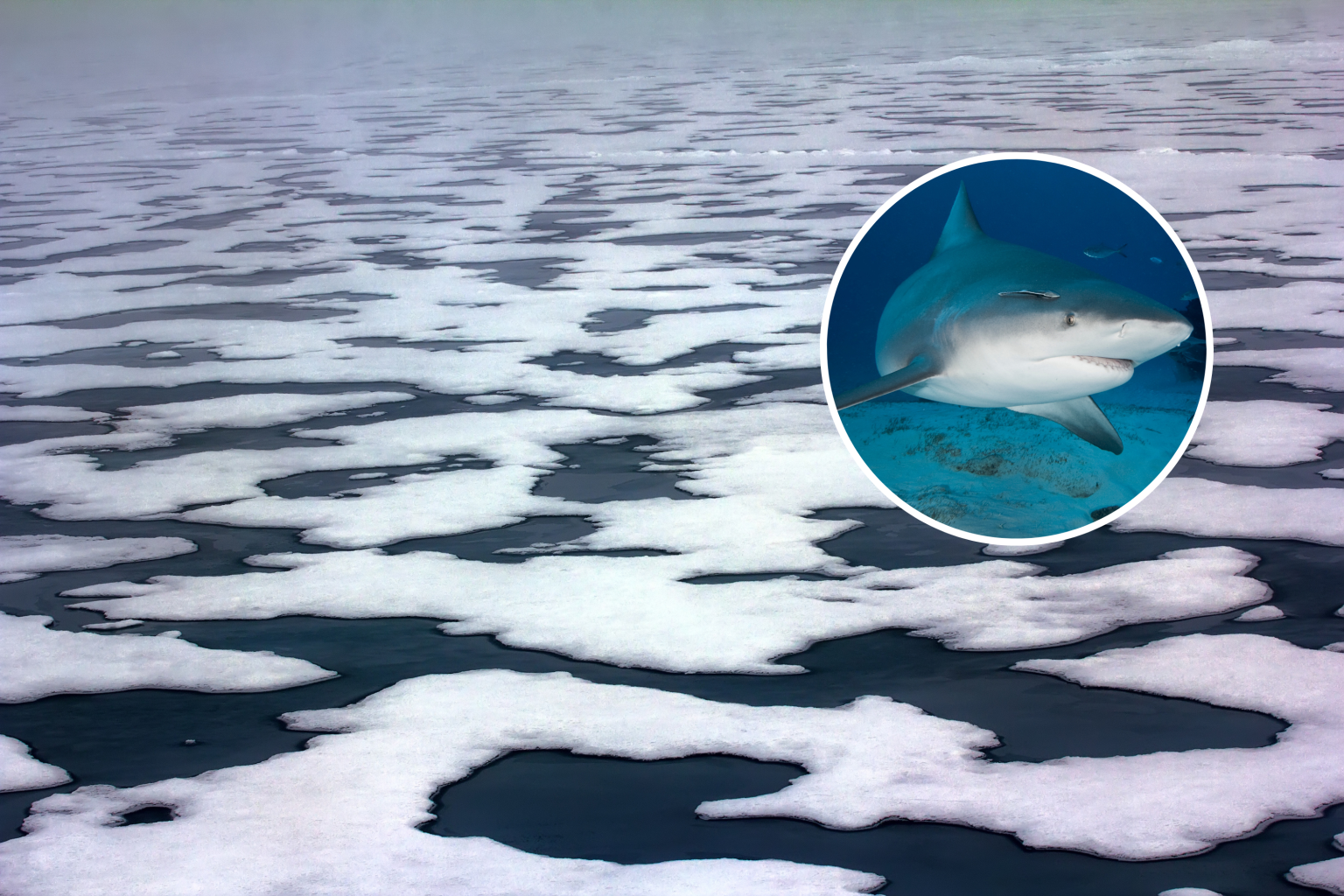A recent study published in Nature Climate Change has found that “killer cold events” are becoming more prevalent and causing significant harm to marine wildlife. While most of the focus on climate change has been on the increase in dangerous marine heatwaves, extreme cold events are also causing problems. Researchers, including Nicolas Lubitz from James Cook University, discovered that an extreme cold upwelling off the coast of South Africa in 2021 led to the deaths of 260 marine organisms across 81 species. By analyzing sea surface temperature data and wind records spanning over three decades, they found that cold upwellings have increased in frequency in regions like the Indian Ocean Agulhas Current and East Australian Current between 1981 and 2022.
Migratory species such as bull sharks are particularly vulnerable to these killer cold events, as they can be debilitating and even fatal. The study used data from tagged bull sharks to observe how these events affected the animals. Researchers found that the sharks altered their behaviors to reduce the risk of encountering extreme temperature drops. For example, they swam closer to the surface in upwelling zones and sought shelter in bays to avoid the cold. Scientists are concerned that these cold events could lead to a “bait-and-switch” situation for migratory species, where their range expands due to warming conditions but they are also exposed to sudden temperature drops that can push them to the edge of their thermal limits.
The study authors warn that species like bull sharks and other migratory marine megafauna are already operating within their long-term thermal limits. If cold upwelling events become more frequent and intense due to climate change, there is a higher risk of these species being pushed beyond their thermal limits. The research highlights the complexities of climate change effects on marine ecosystems and underscores the need to further study the impact of extreme cold events on marine species. While the consequences of heatwaves on marine life have been well-documented, the effects of cold events are not as well understood, and these events are predicted to become more common as climate change alters ocean currents and pressure systems.
Overall, the study sheds light on the potential dangers that killer cold events pose to marine wildlife, particularly migratory species like bull sharks. The findings underscore the need for continued research on the impact of extreme cold events on marine ecosystems and the importance of understanding how climate change is affecting ocean temperatures and currents. By identifying the risks associated with these events, scientists hope to better protect vulnerable species and mitigate the threat to marine biodiversity in the face of ongoing climate change.








